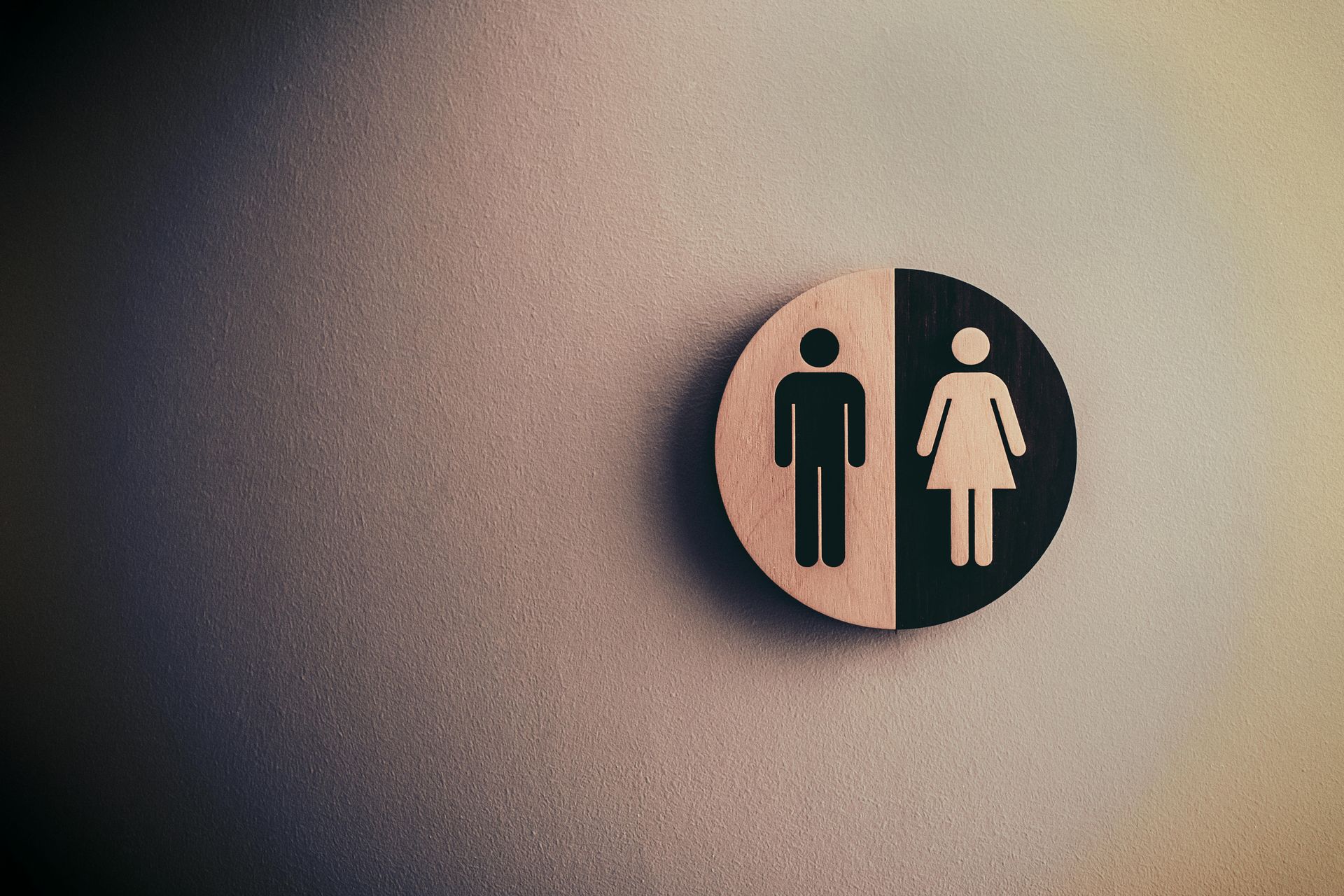Testicular Issues: Pain or swelling in the testicles is an unusual symptom that can signal various underlying issues, some of which are serious. One critical condition that can cause these symptoms is testicular torsion. Testicular torsion occurs when the spermatic cord, which supplies blood to the testicle, becomes twisted. This twist compromises the blood supply, which can lead to the rapid onset of pain and swelling. If not addressed immediately, testicular torsion can result in the loss of the affected testicle due to tissue death. The condition is most common in adolescent and young adult males but can occur at any age.
The primary danger of testicular torsion is the potential for lasting damage or the complete loss of the testicle if treatment is delayed. Immediate medical attention is essential to restore blood flow and prevent permanent damage. Treatment typically involves emergency surgery by a urologist to un-twist the cord and secure the testicle to prevent future occurrences. If you or your child experiences sudden and severe testicular pain, it is crucial to seek immediate medical assistance, either at our office or at the Arkansas Children's Hospital Emergency Room. Delaying treatment can significantly increase the risk of complications and, ultimately, the loss of the testicle.
Testicular pain can also be attributed to epididymitis, which is the inflammation of the epididymis—a coiled tube located at the back of the testicle that stores and carries sperm. This condition is often caused by a bacterial infection, including sexually transmitted infections like chlamydia and gonorrhea, particularly in sexually active men. Symptoms of epididymitis include gradual onset of scrotal pain, swelling, and tenderness, sometimes accompanied by fever and urinary symptoms such as burning upon urination. Unlike testicular torsion, which requires immediate surgical intervention, epididymitis is typically treated with a course of antibiotics which eradicate the underlying infection.
Patients are also advised to rest, apply cold packs to the area to reduce swelling, and use pain relief medication as needed. It is crucial to get a proper diagnosis from a physician for accurate treatment, as the symptoms can be similar to other conditions affecting the testicles.
If you child experiences persistent or severe testicular pain, it is important to seek prompt medical evaluation to determine the cause and appropriate course of action.


